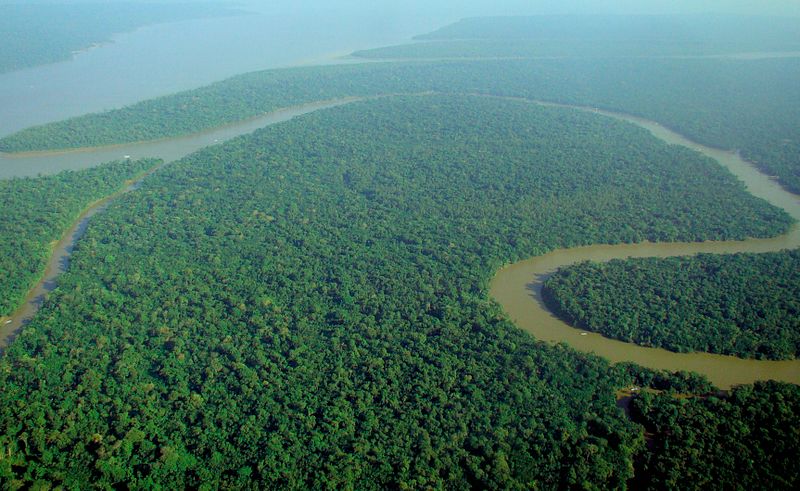The Politics Of Disaster Relief
After a 7.0 magnitude earthquake struck Haiti, the aftershock reached China in ways that few anticipated.The earthquake forced Chinese leaders to navigate the tricky politics of disaster relief.
The first decade of the twenty-first century saw a considerable deepening of China-Brazil economic and political relations. The two countries have built an extensive trade relationship, with total bilateral trade rising from just over the $3 billion in 2001 to over $44 billion in 2010 and then to $100 billion in 2019. At the same time, Brazil and China intensified political cooperation, including through the development of multilateral arrangements, such as the BRICS grouping—consisting of Brazil, Russia, India, China, and South Africa—and corresponding multilateral development banks, such as the New Development Bank, of which the BRICS nations are members.
The long-standing political relationship has recently been tested, with bilateral tensions mounting during the presidency of Jair Bolsonaro, a longtime China critic. But even under Bolsonaro, Brazil-China economic interaction has continued apace, driven by prevailing economic complementarities and individual Brazilian states' interests, many of which see considerable value in growing their relations with China, regardless of broader geopolitical considerations and Bolsonaro’s harsh rhetoric towards Beijing.
At this moment of profound global uncertainty and unprecedented socioeconomic crisis in Brazil, it is difficult to speculate about the future direction of the China-Brazil relationship. Yet both Brazil and China would be best served by re-imagining their bilateral relationship, with other, more sustainable, though still complementary, interests in mind. As Teixeira and Rossi (2020) and Jaguaribe and Rosito (2020) have suggested, it is possible to reshape the China-Brazil relationship in ways that would better advance both countries’ economic development goals, while also upholding China’s “green” BRI commitments. Brazil and China would have much to gain by adopting a shared commitment to social and environmental sustainability.
[...]
After a 7.0 magnitude earthquake struck Haiti, the aftershock reached China in ways that few anticipated.The earthquake forced Chinese leaders to navigate the tricky politics of disaster relief.
What should we expect from a newly powerful Brazil? Does the country have the capacity and leadership to be a central actor in addressing critical global and regional problems?
President Lula da Silva triumphantly announced that he and his Turkish counterpart had persuaded Iran to shift a major part of its uranium enrichment program overseas—an objective that had previously eluded the US and other world powers. Washington, however, was not applauding.
 Lubasi | Wikimedia Commons | CC-BY-SA-2.0
Lubasi | Wikimedia Commons | CC-BY-SA-2.0